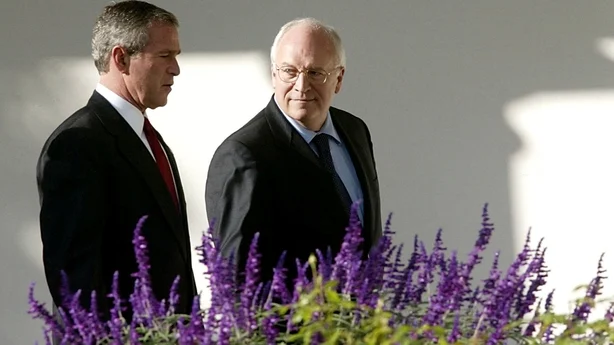Former U.S. Vice President Dick Cheney has died at the age of 84, his family announced. He passed away on Monday night due to complications of pneumonia and cardiac and vascular disease.
For much of his career, Cheney was recognized as one of the most powerful and polarizing figures in American politics. He served as the 46th vice president under George W. Bush from 2001 to 2009, a time defined by the 9/11 attacks, the wars in Afghanistan and Iraq, and sweeping shifts in U.S. national-security policy.
Early Life and Career
Born on January 30, 1941, in Lincoln, Nebraska, Cheney moved to Wyoming and began a long climb through government roles, including serving as White House Chief of Staff to Gerald Ford, U.S. Representative from Wyoming, Secretary of Defense under George H. W. Bush, and eventually to the vice presidency.
Vice Presidency: 2001–2009
In the wake of the September 11 attacks, Cheney became a central figure in shaping the “War on Terror.” He championed robust executive authority, supported controversial practices like enhanced interrogation and warrantless surveillance, and played a key role in pushing for the 2003 invasion of Iraq — decisions that would generate lasting debate.
Cheney’s doctrine was rooted in his belief that extraordinary threats required extraordinary responses. His critics argued his posture undermined civil liberties; his supporters contended it kept America safe.
Later Years and Lasting Legacy
Cheney’s health had long been precarious—he suffered multiple heart attacks and underwent a heart transplant in 2012.
In his retirement, he distanced himself from parts of his party’s shift under Donald Trump, notably backing his daughter Liz Cheney’s opposition to Trump’s 2020 election efforts.
His legacy remains deeply contested: he is praised for his decisive leadership during a chaotic era and criticized for the long-term consequences of his policies in Iraq and for the expansion of executive power.
Family and Survivors
In the family’s announcement, they described Cheney as “a great and good man who taught his children and grandchildren to love our country.” He is survived by his wife, Lynne, and daughters Liz and Mary.
Dick Cheney’s passing closes one of the most consequential chapters in recent American political history — an era defined by 9/11, war, expanded presidential power, and deep national division. Whether seen as hero or cautionary figure, his impact on U.S. and global affairs is undeniable.













